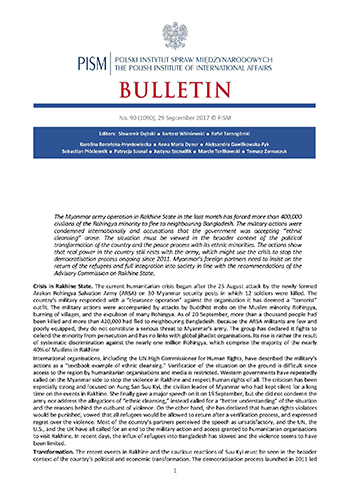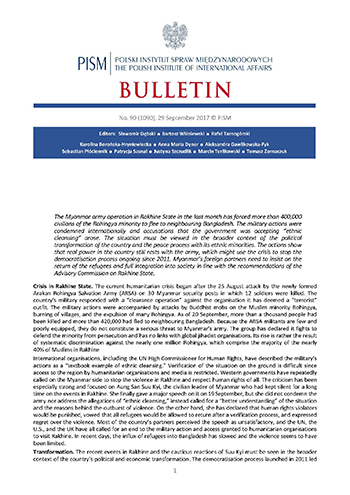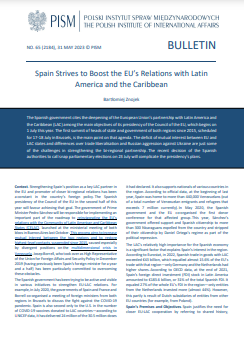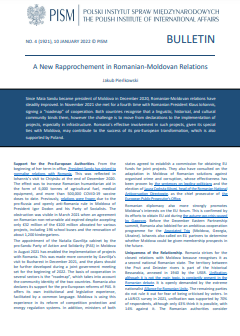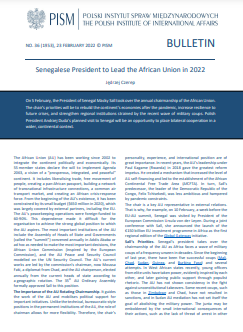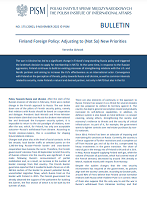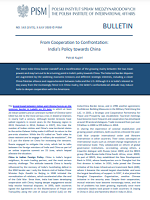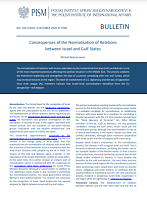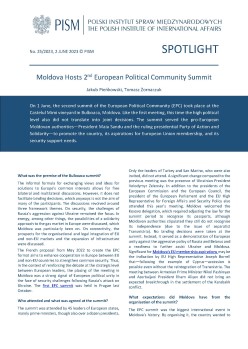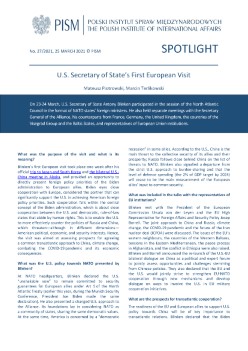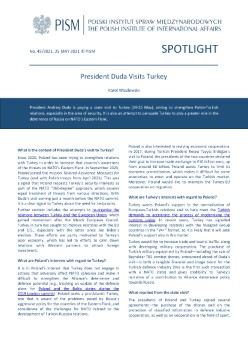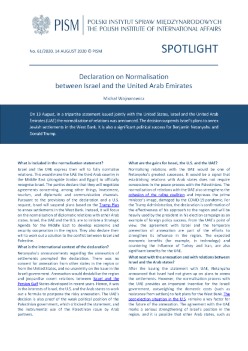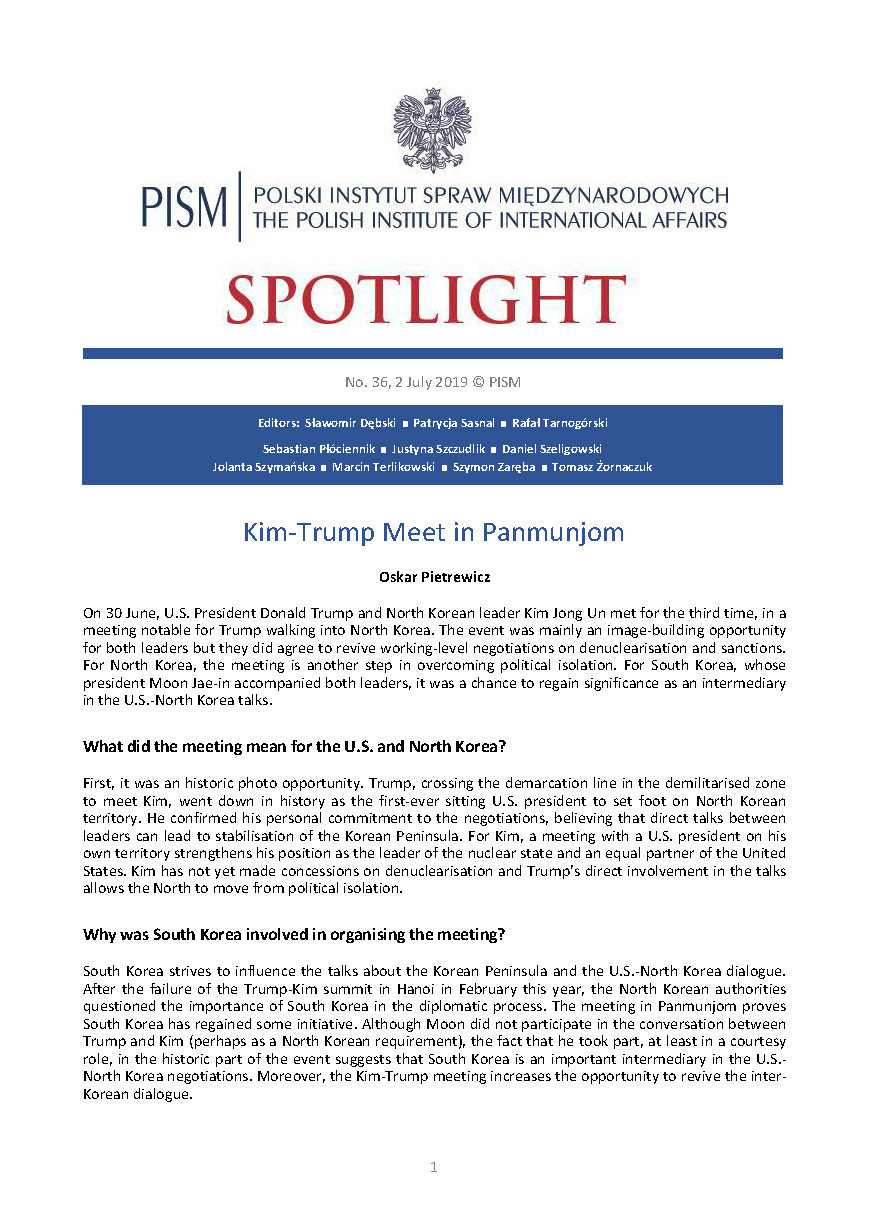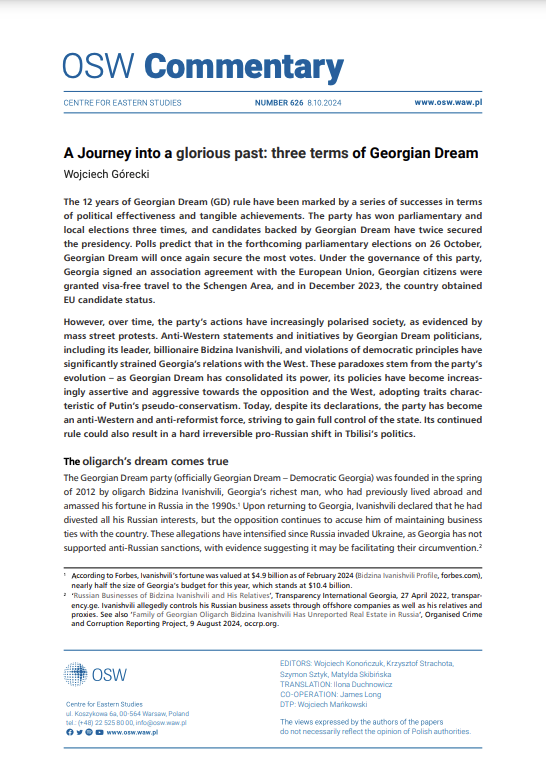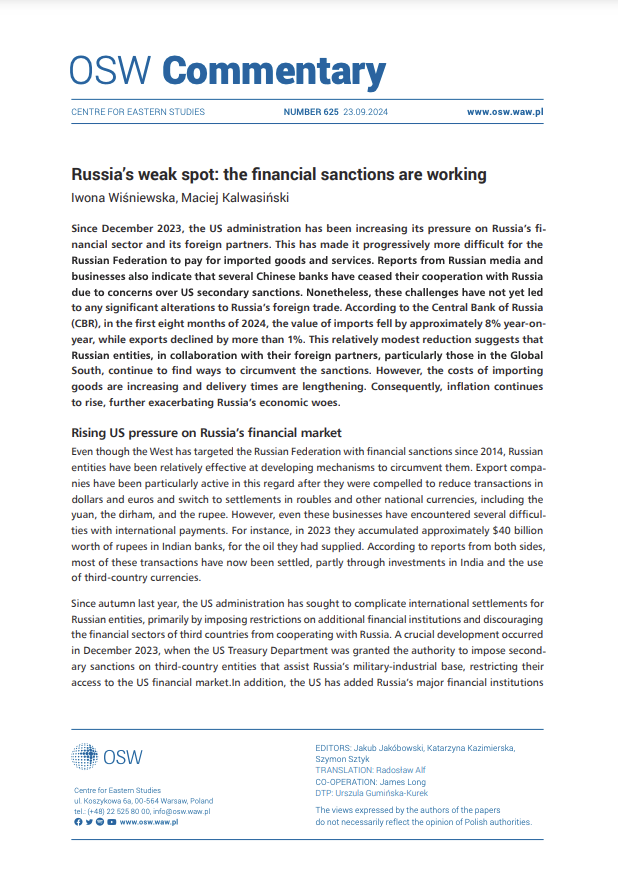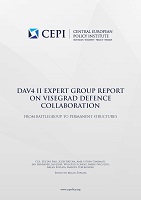
DAV4 II Report: From Battlegroup to Permanent Structures
Polish Institute of International Affairs presents a joint policy report: From Battlegroup to Permanent Structures, prepared in the framework of the research project Defence Austerity in the Visegrad Region II – DAV4 II, funded by the Interantional Visegrad Fund (IVF). The authors of the report argue, that the EU Battlegroup build together by the Visegrad countries and scheduled to enter standby in 2016, should be followed by permanent forms of defence and military cooperation between Poland, Czech Republic, Slovakia and Hungary. The policy report, which also aims to contribute to the debate about the future of the EU Battlegroups, was prepared by Central European Policy Institute (Slovakia), in cooperation with PISM (Poland), International Centre for Democratic Transition (Hungary) and Jagello 2000 (Czech Republic).
More...
